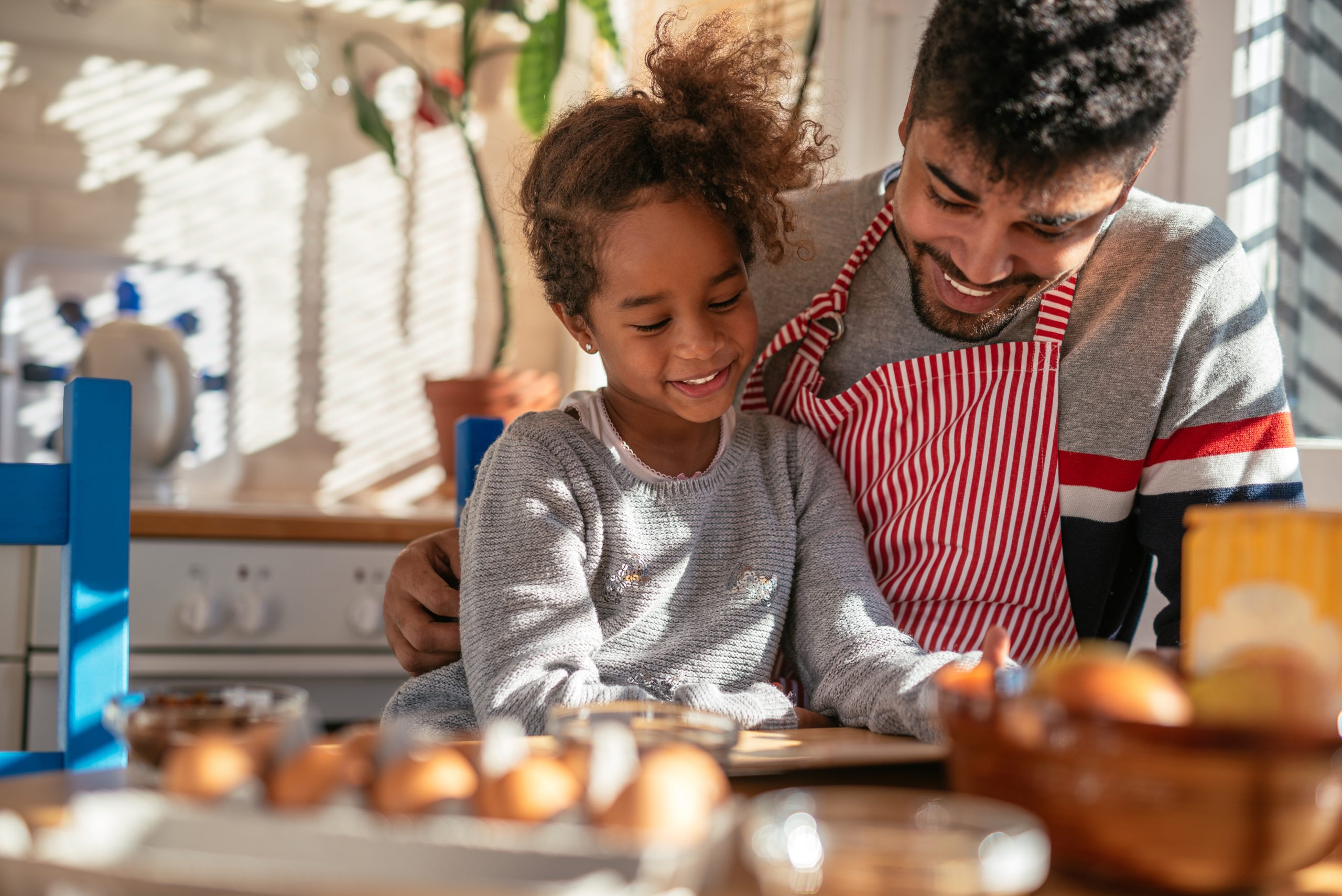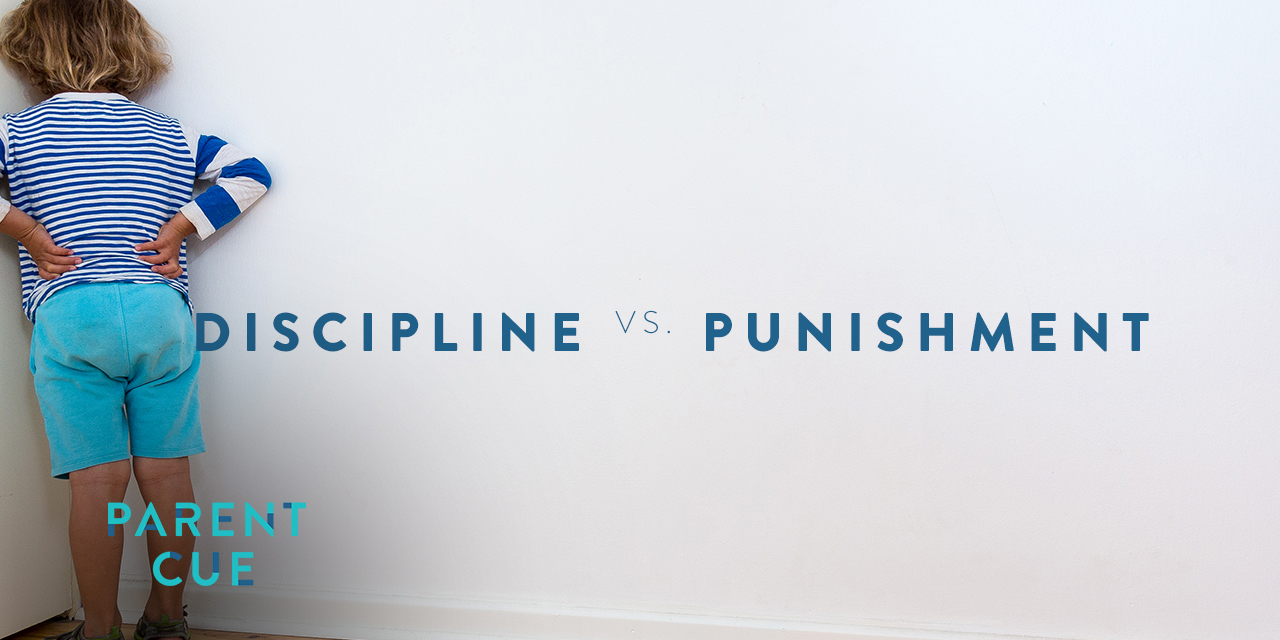
It doesn’t take long to realize that we tend to develop our identity based on our behavior. That’s true for your life and for your kid’s life. If we have gold stars for behavior, then we believe we have a good identity. And if we mess up or fail, then we believe those behaviors define our identity, too. We hear statements from our kids and in our own heads, like . . .
“I’m a failure.”
“I’m a screw-up.”
“I’ll never get it right.”
“I’m unlovable.”
These are statements we would never say to someone we love, yet we freely say them to ourselves. And our kids do, too.
Kids think about themselves and their identity a lot. Besides their appearance, nothing shapes their identity more than their performance. They believe that how they perform determines their identity.
When a performance falls flat or even fails, self-abasement tends to follow.
Kids may tend to blame themselves, taking on the identity of being a failure, or they may tend to blame others for their failures. But either way, performance, and appearance tend to define their identity.
We need to help our kids to learn how to speak to themselves like they would to a close friend. We need to help them learn compassionate self-talk.
So how do you teach self-compassion? It begins by retraining the voice in your kid’s head, which honestly, may begin with you retraining the voice in your own head. Just like other emotional intelligence qualities, self-compassion can be learned and developed over time.
I want you to start with a simple phrase:
“Be kind to yourself.”
When you look in the mirror and don’t like what you see, say “Be kind to yourself.”
When you are passed by for the promotion, say “Be kind to yourself.”
When you mess up, burn dinner again, fail to close the deal, or miss the event, say, “Be kind to yourself.”
Start with you. Let your kids watch you show yourself kindness.
And when they mess up, fail the test, go another Friday without a date say,
“Be kind to yourself. We all make mistakes or we all have moments where we aren’t chosen. But that doesn’t change our identity. It doesn’t define who we are. Don’t let that determine how you see yourself. What would you say to a good friend in the same situation?”
Start there. And continue to beat that drum of self-compassion.
I began saying the phrase “Be kind to yourself” in January of 2017 to my girls after watching their response to “failure.” When they failed something, they cried. They quit. They didn’t want to try again. So every time they messed up, I came behind them and said, “Be kind to yourself.” One night after I burned dinner, I felt the frustration rise in me. I reacted towards myself with shame, but behind me I heard a voice say, “Be kind to yourself, Mama. We all make mistakes. It will be okay.” And there it was. Truth. Self-Compassion.
The months of retraining the voice was beginning to show through. We are all humans who are bound to mess up or not get it right every time, but that doesn’t mean we are less than.
Henry James said, “Three things in human life are important: the first is to be kind; the second is to be kind; and the third is to be kind.”
Let’s make kindness a key building block to our kids’ and our own identity. When we live out of a place of kindness towards ourselves, where we truly believe that our identity isn’t based on our behavior, then we can pass that kindness on to others.




